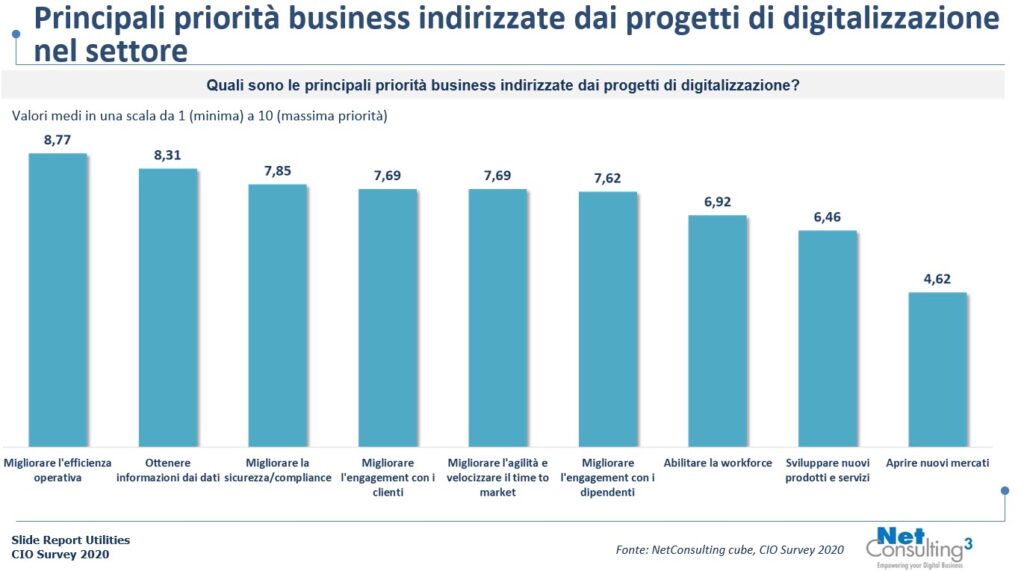
Real estate covers many industries, including commercial and residential, and has many stakeholder interests. These industries are affected from factors like population shifts and changes in interest rates. These factors can impact business plans. Consulting professionals can assist with these complex issues.
The benefits of using a real-estate consultant
Hiring a real estate consultant can be beneficial to you in many ways. This person has many years of experience in the industry and is well-versed in market trends and how to best sell a property. They are also good contacts with other agents who can give you the best recommendations. They can also help connect you with potential home sellers.
You will avoid making common mistakes by working with someone who has experience in this field. Moreover, an expert can foresee possible problems that could happen in the process of buying or selling a property. A professional can also assist with paperwork, so that your transaction runs smoothly. This will save both time as well as energy.

The presence of a real estate agent in the transaction will prevent you from getting a low offer from the buyer. The seller will be able to deal with a professional who will know what the market is worth and what the buyer's budget is. Agents will begin negotiations with a lower offer. A real estate agent can make you appear more professional and invested.
The duties of a real-estate consultant
Real estate consultants have many responsibilities and tasks. They can manage cash and accounting, as well as create marketing plans and PowerPoint presentations. They interact with clients, lenders, as well as other real estate professionals. To get the best deals possible for their clients, realty consultants must be skilled at negotiation.
Real estate consultants usually work under a real estate brokerage firm. They are responsible for assisting clients in buying, selling, and renting property. Their clients could include individuals, companies, or third-party investment firms, depending on their experience. They have to have deep knowledge about the real estate industry and must also be able explain all details.
Real estate consultants may work from home or in offices. They might also be on the road inspecting properties and meeting with clients. Some consultants may also work evenings and weekends. The salary of consultants depends on their education and experience. However, they can also earn additional income through commissions or bonuses. While real estate consultants are generally well-paid, the job outlook for this profession is low over the next decade.

Skills needed for a real estate agent
Real estate consultants need to be able listen to clients and understand their concerns. They must be able to communicate and educate clients so they can make good decisions. These skills can help agents develop stronger relationships with clients and gain their trust. They must also have good teaching skills. They must have the ability to explain complex concepts and provide clients with information they can use. You must also have patience to perform this job.
A real estate agent can either work for an independent company or as a consultant. They should be able to generate leads through either networking or cold calling. They should be able to help clients with their buying decisions. A real estate consultant should be able not only to provide advice but also to research the market to identify trends and demographics that could be of benefit to clients. A real estate consultant should be able develop strategies to increase the property's value.
FAQ
What is the difference between consulting and freelancing?
Freelancers, who are self-employed and provide services to clients without the need for employees, are independent contractors. They generally charge an hourly rate depending on how long they spend on a client project. Consultants typically work for agencies and companies that employ them. Consultants are typically paid either monthly or annually.
Freelancers tend to have more flexibility than consultants because they control their work hours and set their own prices. However, consultants often have better benefits, such as health insurance, vacation days, sick leave, retirement plans, etc.
What are the benefits to being a consultant?
Consultants are able to pick when and where they want to work.
This allows you to work wherever and whenever you want.
This allows you to easily change your mind and not worry about losing your money.
Finally, you have the ability to control your income levels and establish your own schedule.
Which industries use consultants?
There are many different types. Some focus on one particular type of business while others specialize in more than one area.
Some consultants are only available to private companies while others work with large corporations.
And some consultants work internationally, helping companies all over the world.
Statistics
- So, if you help your clients increase their sales by 33%, then use a word like “revolution” instead of “increase.” (consultingsuccess.com)
- WHY choose me: Why your ideal client should choose you (ex: 10 years of experience and 6-week program has helped over 20 clients boost their sales by an average of 33% in 6 months). (consultingsuccess.com)
- According to IBISWorld, revenues in the consulting industry will exceed $261 billion in 2020. (nerdwallet.com)
- Over 62% of consultants were dissatisfied with their former jobs before starting their consulting business. (consultingsuccess.com)
- On average, your program increases the sales team's performance by 33%. (consultingsuccess.com)
External Links
How To
How do you find the best consultant?
First, ask yourself what kind of consultant you are looking for. Before you begin searching for a consultant to help you, you should be clear on your expectations. You should make a list of all the things you need from a consultant. This might include skills such as project management, professional expertise, communication, availability, and technical skills. Once you've listed out these requirements, then you may want to consider asking some friends or colleagues who they would recommend. Ask your friends and colleagues if they have had bad experiences with consultants in the past. Compare their recommendations with yours. You can also do some online research if you don't know of any. You can post reviews on your previous work experiences on many websites like LinkedIn, Facebook and Angie's List. Consider the ratings and comments of other candidates and use these data to start your search for potential candidates. Once you have narrowed down your list, reach out to potential candidates and set up an interview. Talking through your requirements during the interview is a good idea. Ask them questions about how they can assist you in achieving those goals. It doesn't matter whether they were recommended to you or not; just ensure that they understand your business objectives and can demonstrate how they can help you reach those goals.